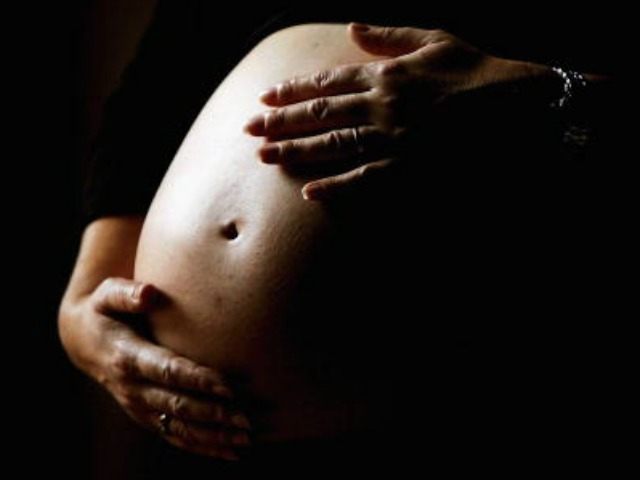Planned Parenthood reacted to the U.S. Supreme Court’s decision not to block a new Texas law that bans abortions once a fetal heartbeat is detected by claiming the Lone Star State is “forcing people to stay pregnant.”
Xochitl Rodriguez, philanthropy officer of Planned Parenthood El Paso, reacted to the new law that went into effect Wednesday stating, “The state of Texas is forcing people to stay pregnant against their will.”
“SB-8 is a politically motivated and medically unnecessary abortion ban that will affect 85 percent of people seeking abortion in Texas,” Rodriguez said, reported KTSM.com News, adding Planned Parenthood will continue to offer birth control and emergency contraceptives.
She said her clinic, which has provided abortions in the past, now will hire more navigation staff to help women and girls who are unaware of the new law but are seeking abortions after the time their unborn babies have a detectable heartbeat.
“So, we will have people on hand helping people understand what their legal rights are, options are, and of course providing information where folks can go,” Rodriguez said.
In a last-minute effort to block the law, abortion providers applied to the U.S. Supreme Court Tuesday for an injunction, but the Court did not immediately rule on the matter, causing the law, as passed by the Texas legislature and signed into law by Gov. Greg Abbott (R), to take effect.
The Court ruled, 5-4, on Wednesday, however, that it would not block the new law while legal challenges to it proceed in lower courts.
The majority held the abortion providers who filed the application had failed to meet the high standard required for the Supreme Court to issue an injunction blocking a law before it goes into effect.
Other states have passed “heartbeat” bills, but, once signed into law, abortion rights activists filed lawsuits challenging them. Subsequently, courts have blocked these laws, ruling they are unconstitutional in light of the Supreme Court’s 1973 ruling in Roe v. Wade and subsequent decisions.
The Texas measure, however, contains a unique enforcement mechanism whereby any private citizen may file a civil lawsuit against an abortion provider or any other individual who “aids or abets” a “criminal abortion.”
The case is Whole Women’s Health v. Jackson, No. 21A24 in the Supreme Court of the United States.

COMMENTS
Please let us know if you're having issues with commenting.